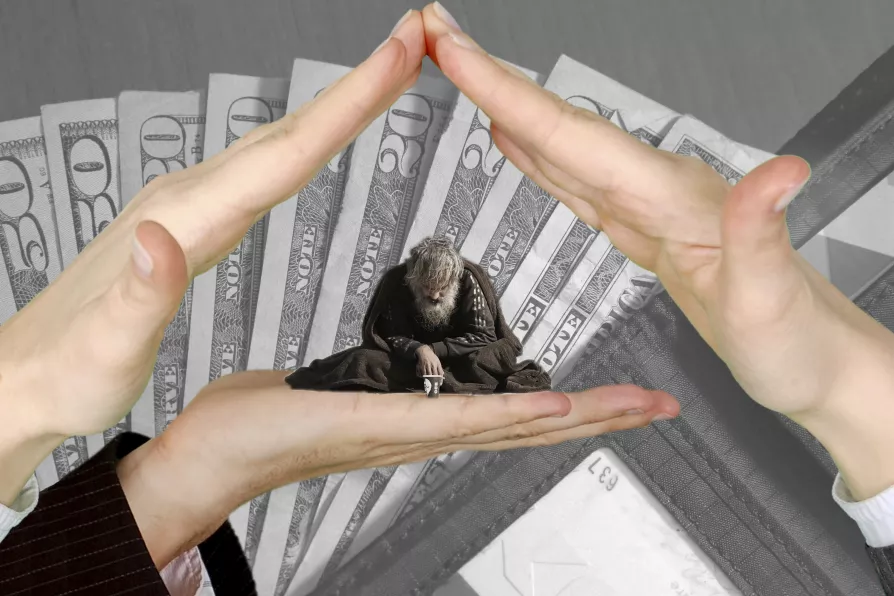The selection, analysis and interpretation of historical ‘facts’ always takes place within a paradigm, a model of how the world works. That’s why history is always a battleground, declares the Marx Memorial Library

 Universal Basic Income — not the answer, but a step in the right direction?
Universal Basic Income — not the answer, but a step in the right direction?
THE economic shutdown occasioned by the coronavirus pandemic and the ensuing job losses have rekindled enthusiasm for the introduction of a universal basic income (UBI), a concept that manages to divide opinion not only between left and right, but within left and right circles too. Some of the reasons given for opposing UBI can actually be deployed in its favour, such is the range of positions adopted by its supporters and detractors.
In order to properly analyse UBI, it is important to define exactly what it is and in doing so dispel some of the myths surrounding it. Sometimes referred to as a “citizen’s income,” UBI is a flat-rate benefit paid to all, ideally at an amount equivalent to or greater than the prevailing poverty line, sufficient for one person to live on.
It would replace all means-tested benefits such as the hated universal credit but would leave in situ other material benefits related to housing, education and health. It is not, as one Morning Star correspondent erroneously claimed, the neoliberal scheme supported by Milton Friedman who posited the idea of negative income tax as a means of abolishing all welfare payments.

HENRY BELL takes issue with the assertion that basic income is a remedy for poverty when it doesn’t address the inbuilt inequality of capitalism

With turnout plummeting and faith in Parliament collapsing, BERT SCHOUWENBURG explains how radical local government reform — including devolved taxation and removal of party politics from town halls — could restore power to communities currently ignored by profit-obsessed MPs












